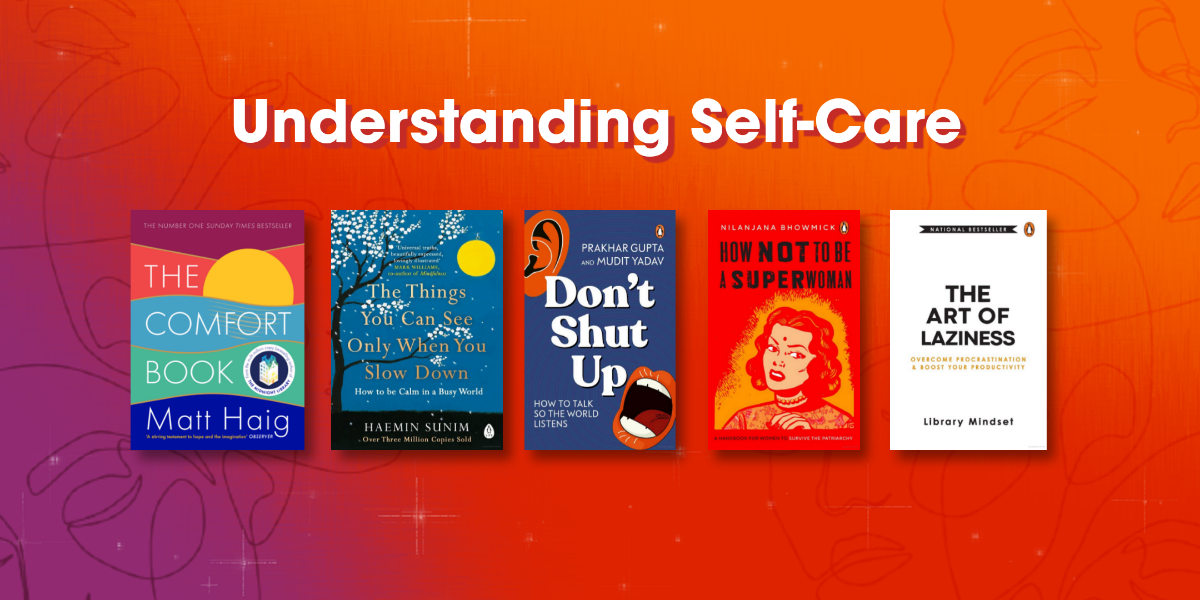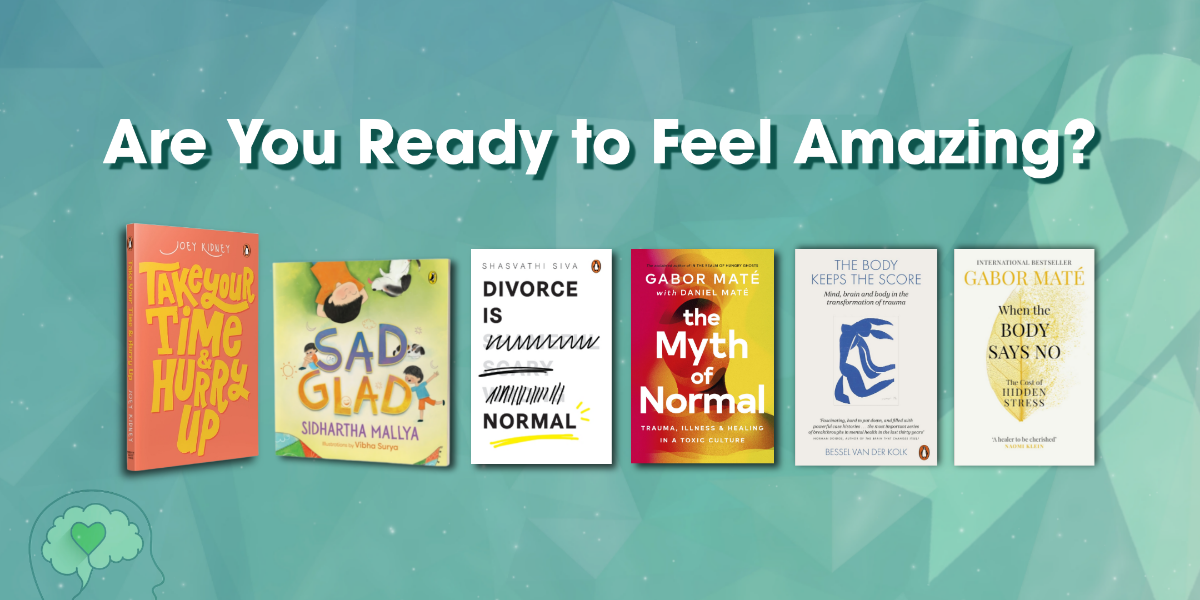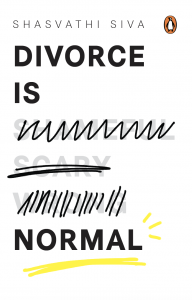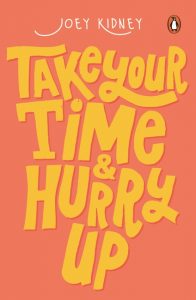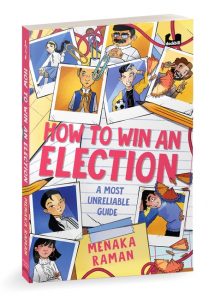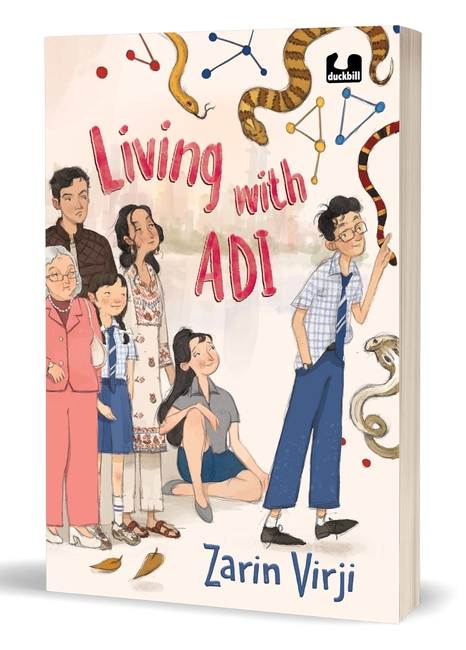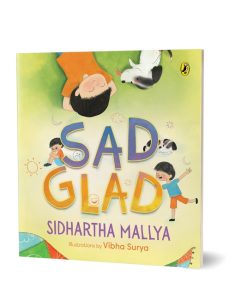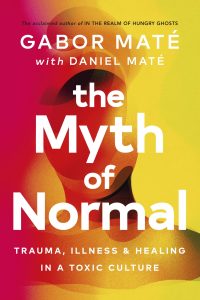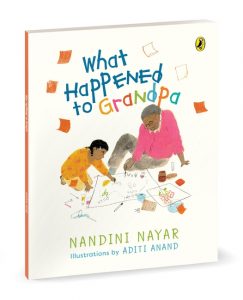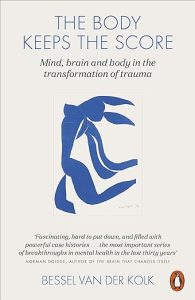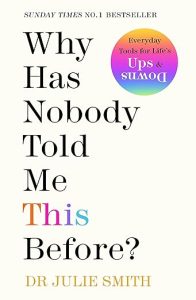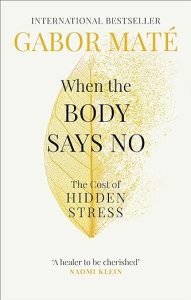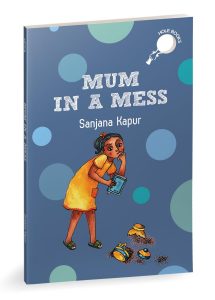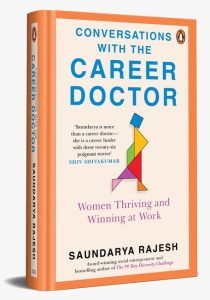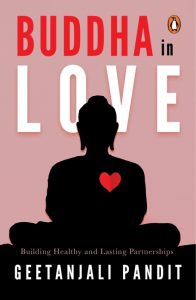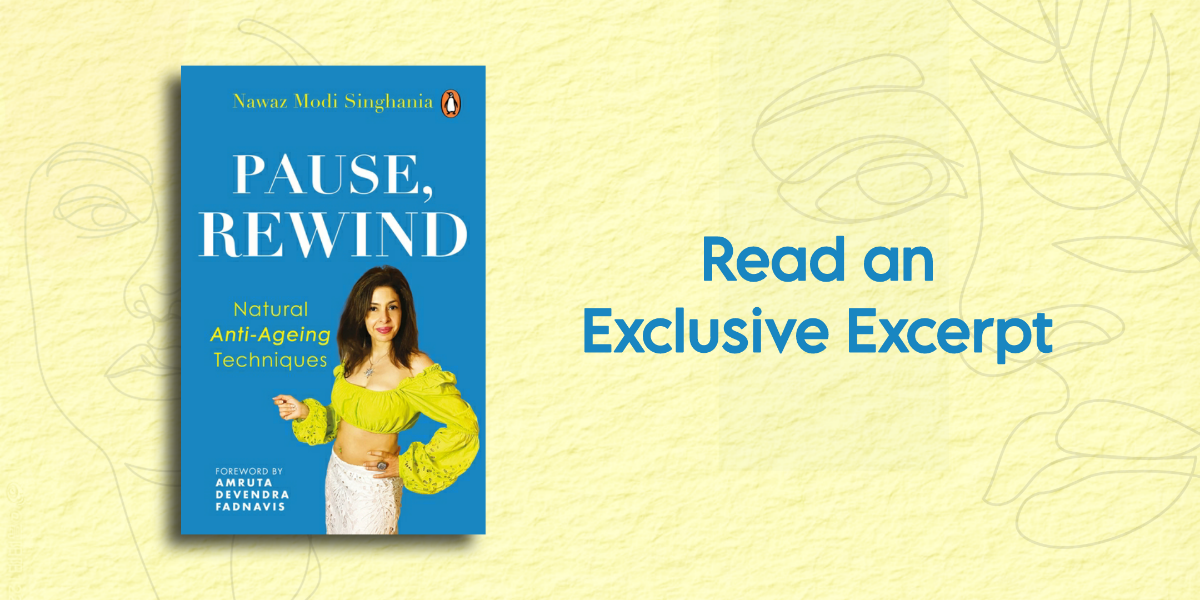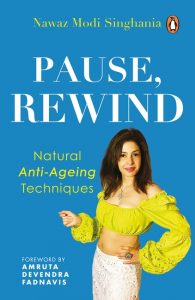Taking care of ourselves can sometimes feel like a luxury we don’t have time for, but it’s crucial for our well-being. This collection of books is all about making self-care a priority in your life. From practical tips to inspiring stories, these reads will help you discover new ways to put yourself first and thrive.
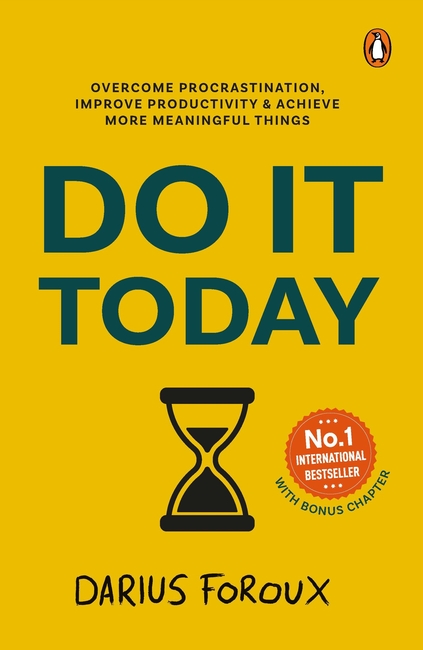
Are you also tired of putting off your dreams until “tomorrow?” Guess what! Tomorrow never comes. Am I right?
I’ve procrastinated and putt off my desire to write a book for a decade. I always came up with excuses like, “it’s not the right time.” Or, “I need to do more research.” But in 2015 I got tired of this endless procrastination, and finally took action. Six months later, my first book was published.
Look, we all have limited time on our hands. And we’re getting closer to death every single minute. That shouldn’t scare. That should motivate you! Time is limited, that’s why we must do the things we want: Today.
In this “best of” collection, I’ve handpicked 30 of my best articles that help you to overcome procrastination, improve your productivity, and achieve all the things you always wanted. Plus, I’ve written an extensive introduction about my life and work philosophy. And I’ve made many improvements and edits to the articles. So the content of this book is different from the articles on my site.

Self-love doesn’t exist in a vacuum; the tricky part is knowing how to love yourself while maintaining healthy relationships with the other people in your life. Dhal shares practical strategies for setting boundaries and respectfully navigating different relationships without losing your self-love. She also explores the everyday challenges that might disrupt your self-love journey, from comparison on social media to negative thoughts and unhealthy relationships with food.
Written for anyone seeking to heal from challenges like the loss of a loved one, heartbreak, or toxic relationships, The Path to Self-Love is your key to loving yourself wholly and unlocking the doors to happiness, healthy relationships, and fully realized dreams.
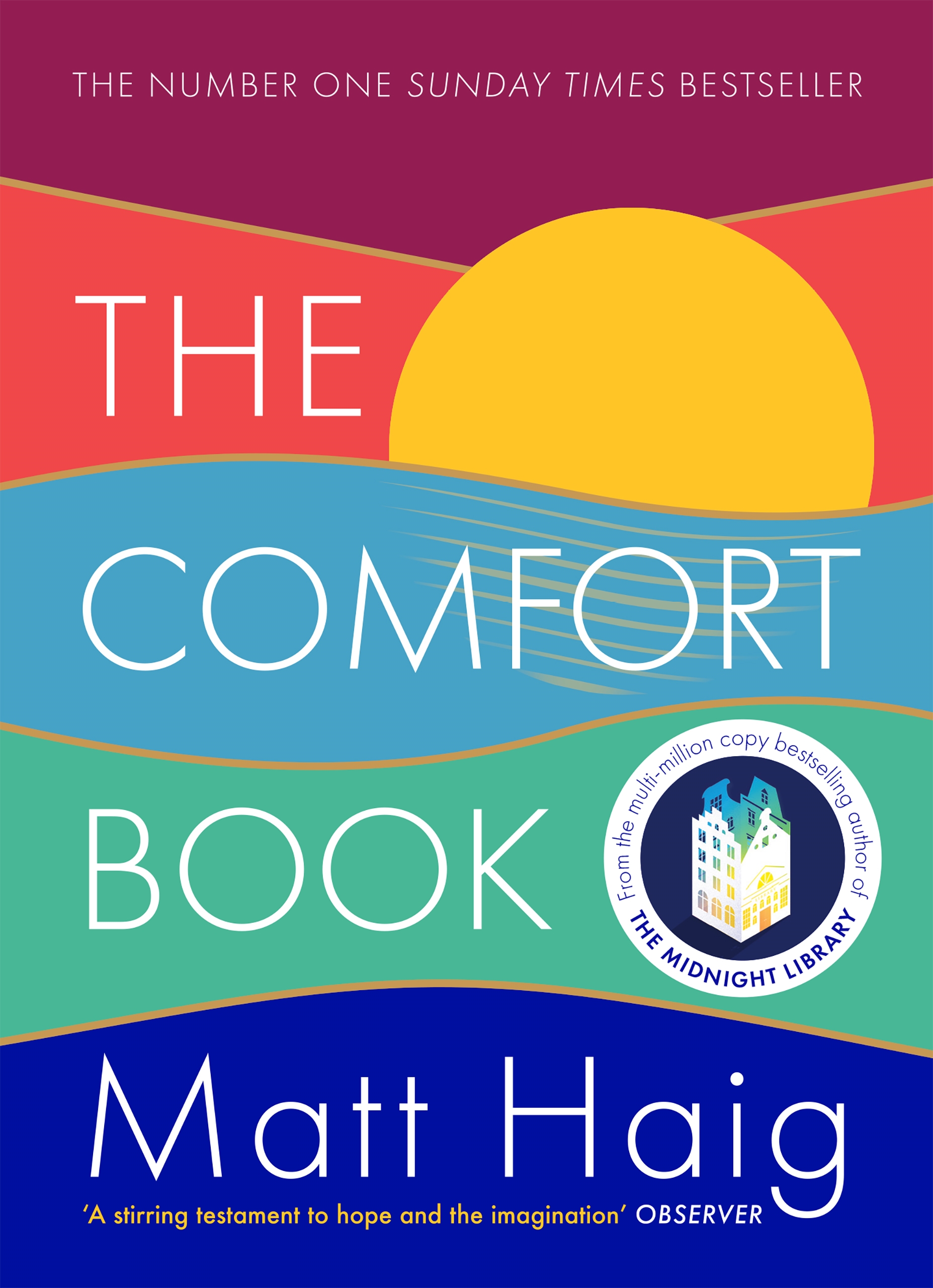
The Comfort Book is a collection of consolations learned in hard times and suggestions for making the bad days better. Drawing on maxims, memoir and the inspirational lives of others, these meditations offer new ways of seeing ourselves and the world.
This is the book to pick up when you need the wisdom of a friend, the comfort of a hug or a reminder that hope comes from unexpected places.

Life moves fast, but that doesn’t mean we have to.
In this timely guide to mindfulness, Haemin Sunim, a Buddhist monk born in Korea and educated in the United States, offers advice on everything from handling setbacks to dealing with rest and relationships.
Combining his teachings with calming full-colour illustrations, Haemin Sunim’s simple messages speak directly to the anxieties that have become part of modern life and remind us of the strength and joy that come from slowing down.
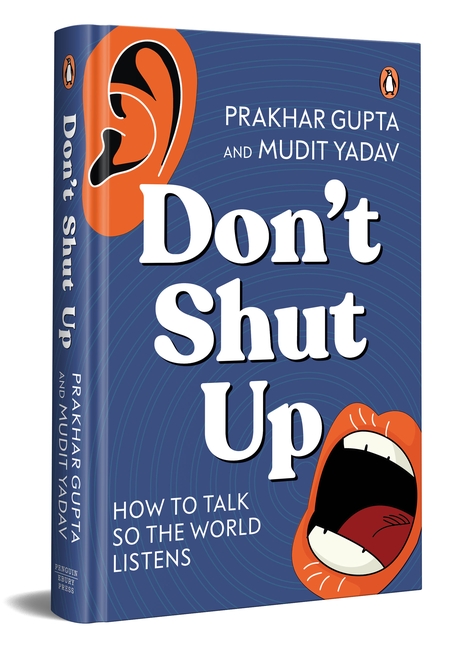
Your success in this world is directly proportional to your ability to manage the world and get what you need while also building sustainable relationships—communication in its various forms is the technology that allows you to do so. Don’t Shut Up is a simple and directly applicable toolkit for any communication-related situation you might have —be it a Tuesday morning presentation or a Friday evening date. What do you need from your friends, dates, college, work and life? In this book, Prakhar Gupta and Mudit Yadav have magnified your life one conversation at a time, discovered twenty-three situations that have the potential to impact your life and happiness, and offered their advice on how to navigate each one.
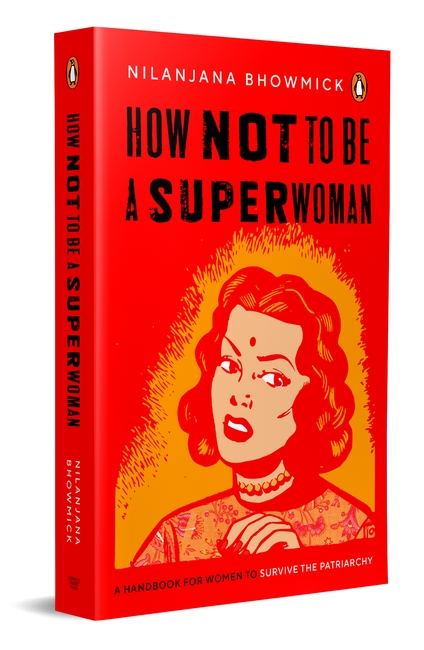
In How Not to Be a Superwoman, Nilanjana Bhowmick explores the immense pressure women face to excel in every role—as mothers, career women, partners and friends—and the toll this pursuit takes on their mental health and happiness. Her compelling work unveils the raw, real stories of diverse women who have broken free from the relentless cycle of perfectionism, and offers insightful, practical advice on achieving balance and joy that comes from embracing one’s true self. Through a feminist lens, she confronts and rejects society’s unrealistic expectations while advocating for a life of fulfilment, self-compassion and genuine empowerment. This is a must-read for women seeking to liberate themselves from the exhausting superwoman ideal and embrace a more self-loving, balanced way of living.







